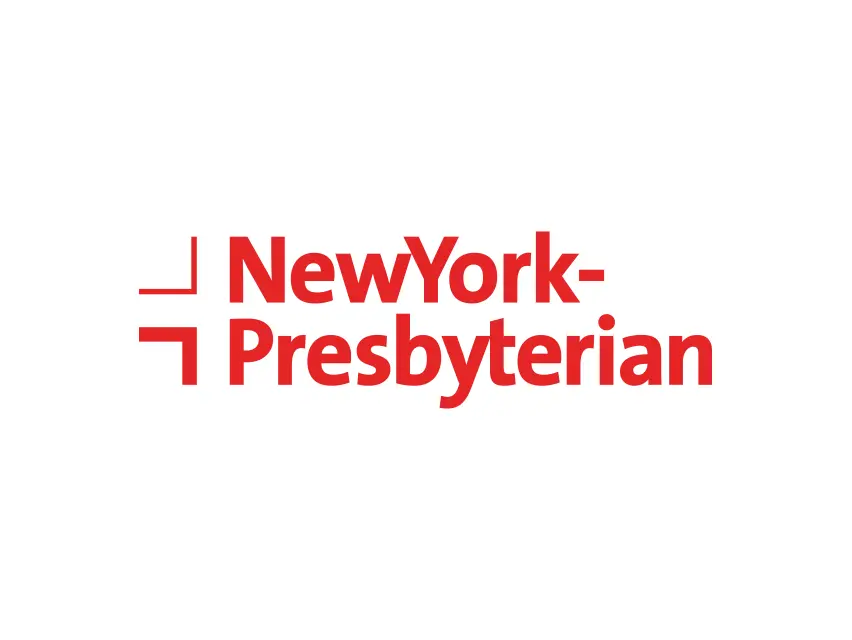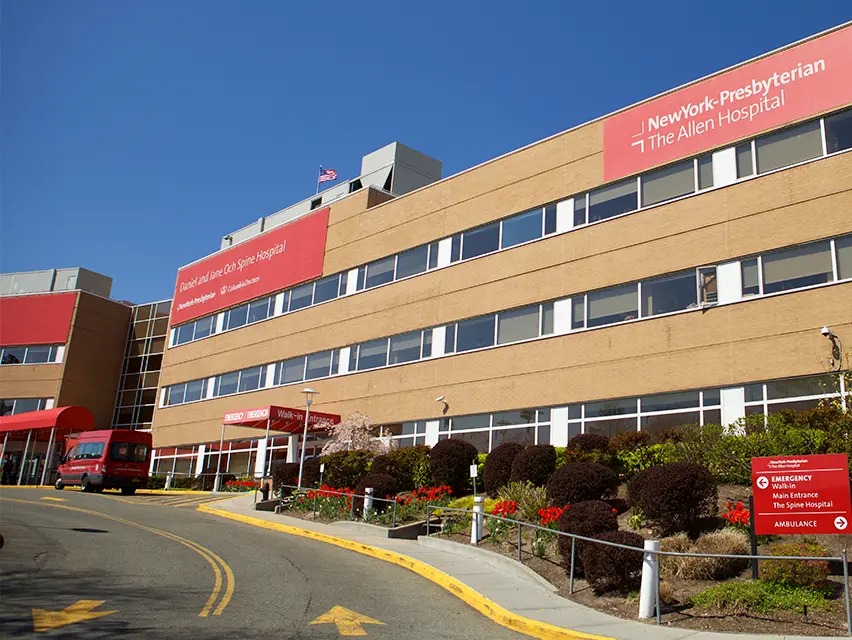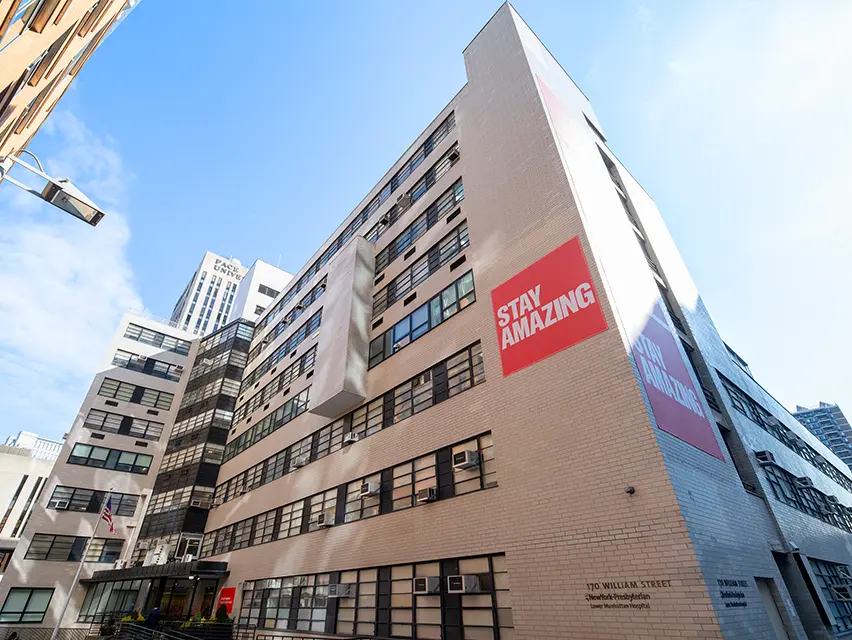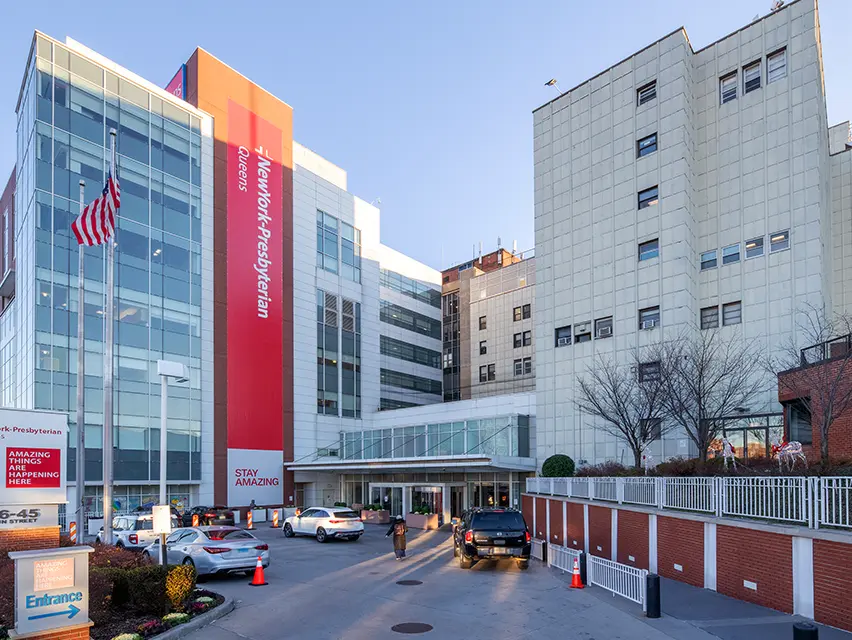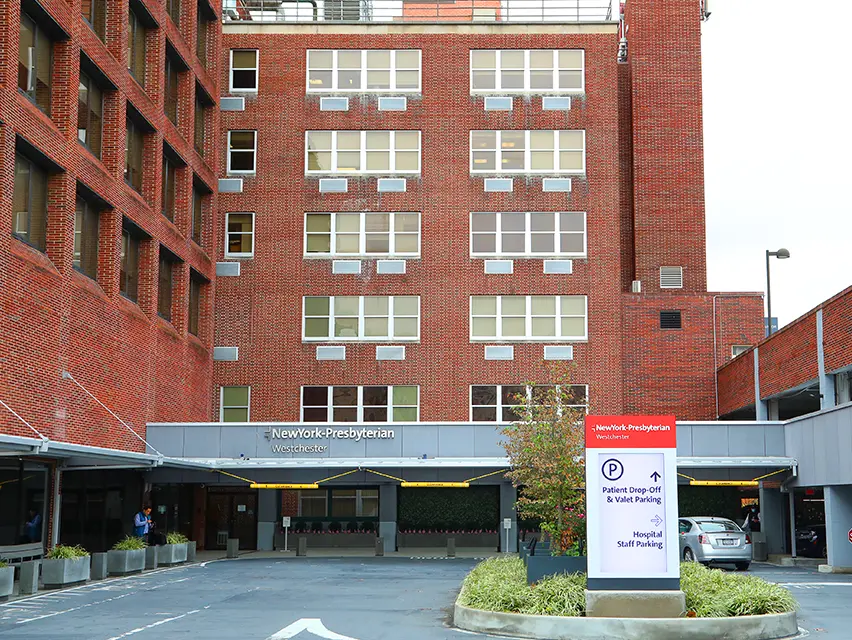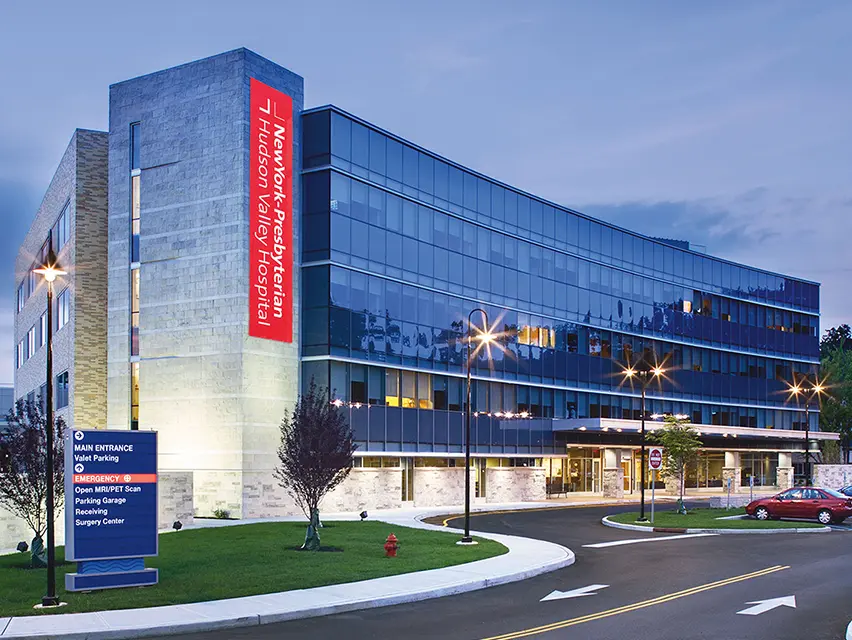Colorectal cancer is the third most commonly diagnosed cancer and the third leading cause of cancer death among men and women in the United States. It is increasingly being diagnosed in people under age 50, so experts now recommend screening starting at age 45.
Colorectal cancer is preventable, and screening can help doctors find colon and rectal cancers earlier when they are easiest to treat and may even be curable. There are several tests available for colorectal cancer screening, including colonoscopy and stool-based tests.
At NewYork-Presbyterian, we make getting colorectal cancer screening easy, with preparations and processes that are convenient and streamlined. We leverage the latest technologies—including breakthroughs in artificial intelligence—to provide the most advanced care. We provide colonoscopies at a variety of locations in the New York metropolitan area.





